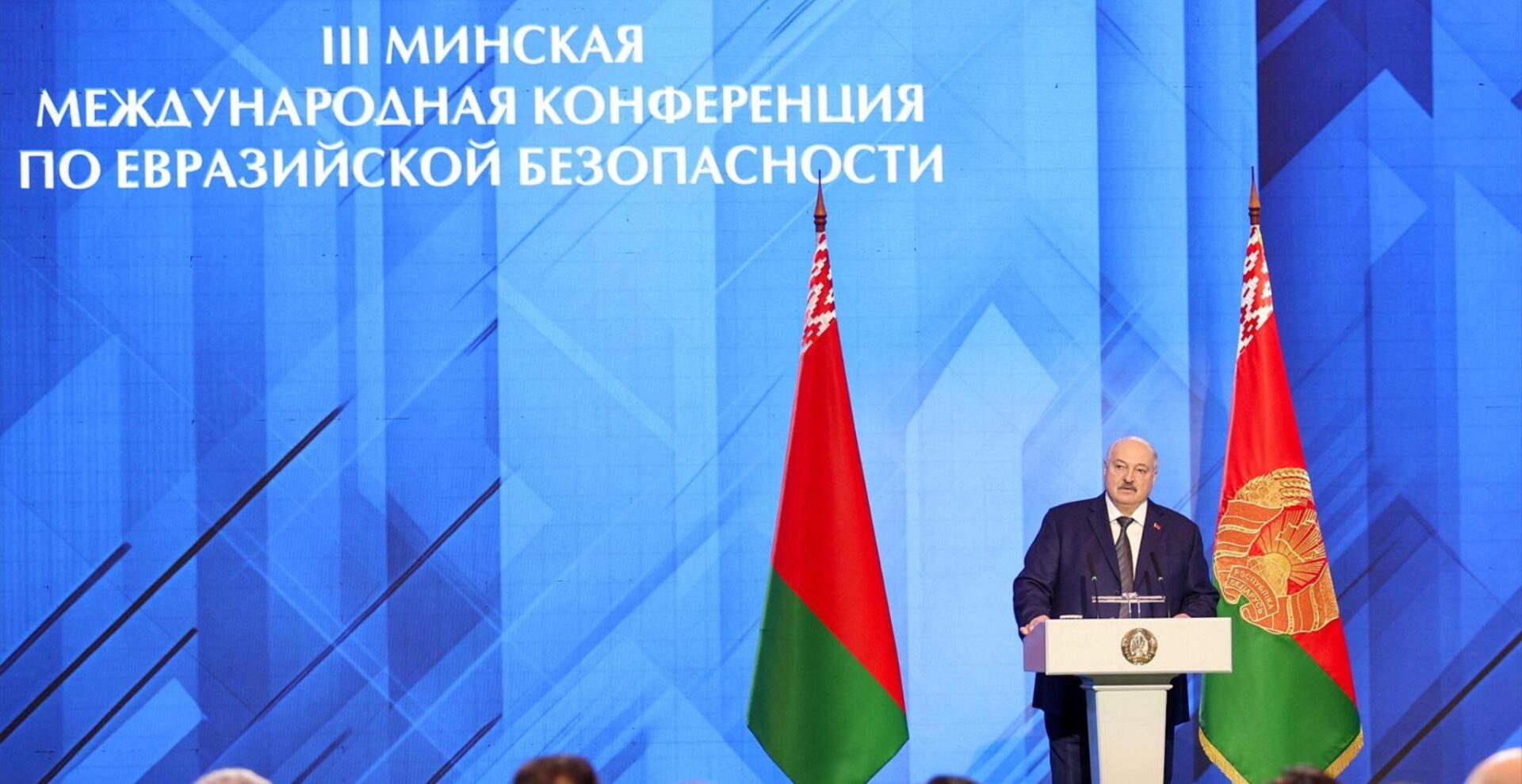FREEDOM OF MEDIA IN GEORGIA DECLINES EVEN FURTHER
FREEDOM OF MEDIA IN GEORGIA DECLINES EVEN FURTHER
Reporters Without Frontiers, a Paris-based watchdog organization, released the 2005 version of its Worldwide Press Freedom Index on October 20. Georgia fell from 94th place in 2004 to 99th place. Prior to the November 2003 Rose Revolution, the organization ranked Georgia 73rd. Georgia’s falling scores confirm other reports about growing restrictions on the media and freedom of expression. In comparison, the report ranks Moldova at 74th, and Ukraine jumped from 138th to 112th following the Orange Revolution (www.rsf.org, October 20; Resonance, October 21; Civil Georgia, October 22; also see EDM July 29, September 24, October 15, 2004).
At a news conference on September 11, Georgian President Mikheil Saakashvili discussed the growing reports about media restrictions, stressing that without media the ongoing reforms in the country are impossible. “If somebody dared to put pressure on media I would be his worst enemy. It is an attack on my own prerogatives, ideals, and authority,” he stressed. On October 9, Giga Bokeria, an influential parliamentarian reportedly exerting a strong influence on Saakashvili, denied that there had been any political reprisals against the media and particular journalists. “I can tell you with full responsibility that our political will is unequivocal. We will respect and protect the freedom of speech of any citizen” Bokeria insisted (TV Rustavi-2, Civil Georgia, September 9, 11).
However, the grandiose statements by Saakashvili and his allies about preserving freedom of the press clash with the real situation. Their statements come on the heels of the arrest of Shalva Ramishvili, anchor and co-founder of the Tbilisi-based private television company 202, and the station’s general director, David Kokhreidze on August 27. They were accused of blackmailing Koba Bekauri, a legislator from the ruling National Movement party, and extorting $100,000 from him in exchange for not airing compromising materials about Bekauri’s illegitimate business interests. On August 29, the Tbilisi City Court sentenced Ramishvili and Kokhreidze to three months in pre-trial detention.
Ramishvili’s case is striking because a conversation between him and Bekauri — and the handover of the cash — were captured on film by a hidden camera that police had concealed on Bekauri. For his part, Ramishvili has claimed that he wanted to film Bekauri offering the bribe himself but could not obtain a hidden camera.
Ramishvili’s arrest prompted media speculation that the scenario had been staged by high-level officials to punish the freewheeling television station and smear its anchor, who had been sharply criticizing the government during the popular evening talk show Debate on 202. But although most analysts dismissed Ramishvili’s arrest as a concerted “attack on free media,” some newspapers and media experts argued that Ramishvili had unwittingly played into the government’s hands and tarnished the reputation of Georgian journalists by taking cash from the parliamentarian for whatever reasons. The daily Resonance summed up the situation, by saying the government had “managed to silence a small, but highly independent media source [202 television],” (August 29).
Eka Kvesitadze, coordinator of the recently established Media Council, which is designed to be a media watchdog and defender of journalistic ethics, said that Ramishvili’s political statements “have turned [his show] into a vehicle for voicing opposition opinion” and “perhaps the government really did want to silence” that program. However, Kvesitadze said that broadcasting the footage of the bribe handover calmed the public sense of injustice about the government case against Ramishvili (24 Saati, August 29).
The row around TV-202 did not end with Ramishvili’s arrest. Irakli Kakabadze, who substituted for Ramishvili as anchor of Debate and was also critical of Saakashvili’s team, was severely beaten by still unidentified assailants on September 7. Saakashvili called the attack a “blunt provocation” and urged law-enforcement officials to investigate the incident “in a very strict manner” (TV-Rustavi-2, September 7). However, little progress has been made.
On July 6, parliamentary opposition parties accused Saakashvili’s government of gagging the media, especially the electronic media, by overt persecution and pressure. As an example, they cited the private television company Mze (Sun). In July Mze reportedly was forced to cancel a its popular talk show Archevanis Zgvarze (On the Verge of Choice), which frequently supported opposition leaders.
On July 7, an open letter by 77 journalists from some 20 media outlets expressed their concern for the authorities’ attempts to control editorial policies at Mze and elsewhere. The statement underlined existing pressure on regional media, especially in Shida Kartli, Kakheti, Imereti, and Ajaria.
Their concerns appear to be reasonable, because since the Rose Revolution persons loyal to the government have become controlling shareholders of the leading television companies. Knowledgeable sources claim the TV companies regularly supply the government with a list of “unwelcome respondents.” The popular political talk shows taken off the air have recently been brought back, but with new and strictly controlled formats.
Analysts argue that Saakashvili’s government knows the potential of the media to spread anti-government opinions and therefore fears it and tries to it keep gagged. They complain that the international community still sees Saakashvili’s regime through rose-colored glasses and ignores such violations of liberal political thought (Resonance, October 24).


